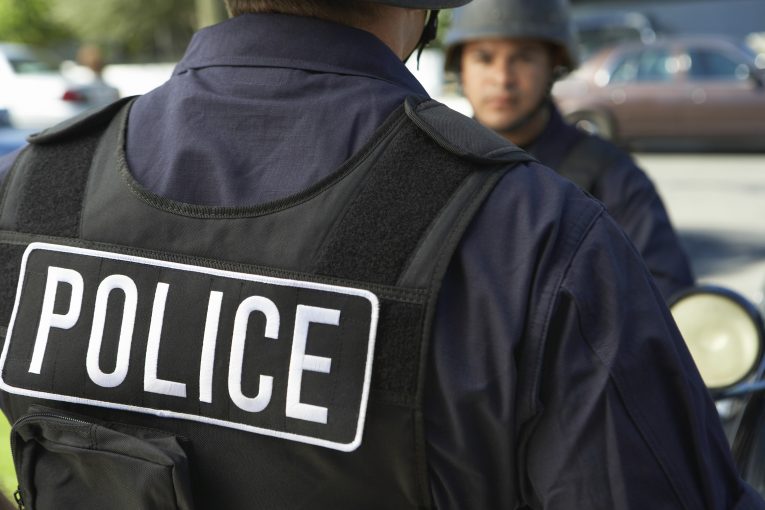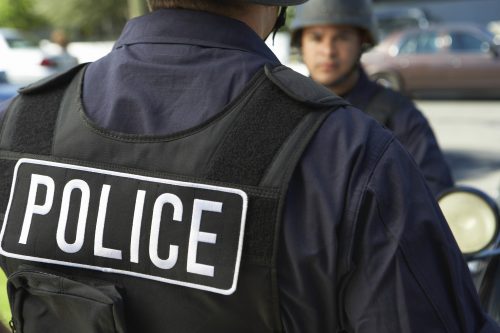

By Avery Redula
MEMPHIS, TN. – The National Policing Institute (NPI) has created guidelines for both state and local law enforcement regarding the creation of specialized units, but Jenn Rolnick Borchetta of the ACLU’s Criminal Reform Project disagrees with the construction of these specialized units, because of what she charges are previous instances of unnecessary racial violence.
Specialized units are a smaller group within police departments dedicated to specific task enforcement, and police claim these units are meant to ensure community safety and crime prevention.
However, as Borchetta points out, specialized units have had a violent and dark past. One such unit was Memphis’s Scorpion unit that focused on theft, gangs, and drugs, said the ACLU.
The Scorpion unit came under fire due to the use of lethal and unnecessary force, added the ACLU, noting the unit stopped Tyre Nichols, a Black man, for a traffic violation that ultimately ended in his death.
The specialized unit, said the ACLU, “pepper sprayed him and shot at him with a stun gun despite his offering no apparent resistance” and he was subsequently beaten and killed by officers due to blunt force trauma.
Another instance, cited by the ACLU, occurred in New York City when a specialized unit shot and killed a 23-year-old Black man named Amadou Diallo. That unit was made specifically to target the community’s gun violence.
Diallo had been questioned when he was walking down the street. And the ACLU said when Diallo reached into his pocket for his wallet, officers assumed it was a weapon, shooting at him 41 times. Officers reportedly continued shooting at Diallo even when he was on the ground, and he was fatally wounded by the 19 bullets that struck him, said the ACLU.
Both the Scorpion unit and NYC unit were dismantled after these violent instances. The NYCPD subsequently created the Anti-Crime Unit (ACU) that was supposed to be more equipped with training and monitoring of their actions, noted the ACLU, adding the ACU was found to be unlawfully stopping drivers and responsible for several shootings.
The ACU units, added the ACLU, were disbanded then reconstructed, promising the public once again to enact better oversight and education. However, in the primary months of 2023, it was revealed the ACU was “unlawfully stopping Black and Latine people,” charged the ACLU.
Borchetta said the NPI guidelines caution that specialized units are often given free range over their duties with little oversight, which can lead to the violence seen in Memphis and New York City. She agrees with the NPIs’ advocacy for police departments to weigh the benefits and possible risks of forming specialized units.
The NPI also recommends that police attend forums detailing the experiences of community members that have personally experienced police misconduct and violence, and to take this in consideration with their department’s creation of specialized units.
Borchetta argues, “Notably, determining community preferences should be a thoughtful and deliberate process that reflects an understanding that communities are not monolithic”
Borchetta endorses the NPIs’ advocacy for police to ask for community opinions, and to consider alternatives for specialized units. She agrees communities are rarely given alternatives that would produce meaningful results without the contribution of more financial resources.
However, Borchetta argues these investments would be worth extra costs to address situations in the community that do not need police or violence escalation, stating police are seen as the default choice of de-escalation and problem solving when other community alternatives can be enacted instead.
Borchetta is skeptical of police departments promising specialized units will be supervised and educated more soundly due to past history of violence and racial discrimination, and argues “we need to build something better.”